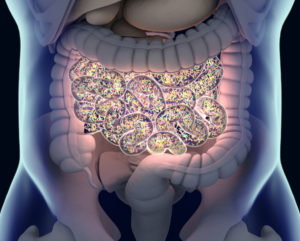According to the Mayo Clinic, chronic constipation is defined as, “Infrequent bowel movements or difficult passage of stools that persists for several weeks or longer.”
To most, occasional constipation is quite common. However, chronic constipation is a condition that may interfere with a person’s capacity to go about their day to day routine. Many chronic constipation sufferers have less than three bowel movements per week, hard, lumpy stools and difficulty passing their stool.
There are many health conditions that can lead to chronic constipation such as:
- Irritable Bowel Syndrome
- Pregnancy
- Colon cancer
- Parkinson’s Disease
- Underactive thyroid
- Eating disorders
Additional causes for chronic constipation are:
- Changes to your diet
- Lack of water or fiber in your diet
- Consuming an overload of dairy products
- Not exercising enough
- Ignoring an urge to move your bowels
- Stress
- Overuse of laxatives
- Medication (i.e. iron supplements)
There are several measures you can take to help with constipation such as, increasing the fiber and fluids in your diet. If you have prolonged constipation or experience unexplained and persistent changes in your bowel movements please make an appointment with a doctor. If you’d like to schedule an appointment at Flushing Hospital Medical Center’s Ambulatory Care Center call 718-670-5486.
All content of this newsletter is intended for general information purposes only and is not intended or implied to be a substitute for professional medical advice, diagnosis or treatment. Please consult a medical professional before adopting any of the suggestions on this page. You must never disregard professional medical advice or delay seeking medical treatment based upon any content of this newsletter. PROMPTLY CONSULT YOUR PHYSICIAN OR CALL 911 IF YOU BELIEVE YOU HAVE A MEDICAL EMERGENCY.



